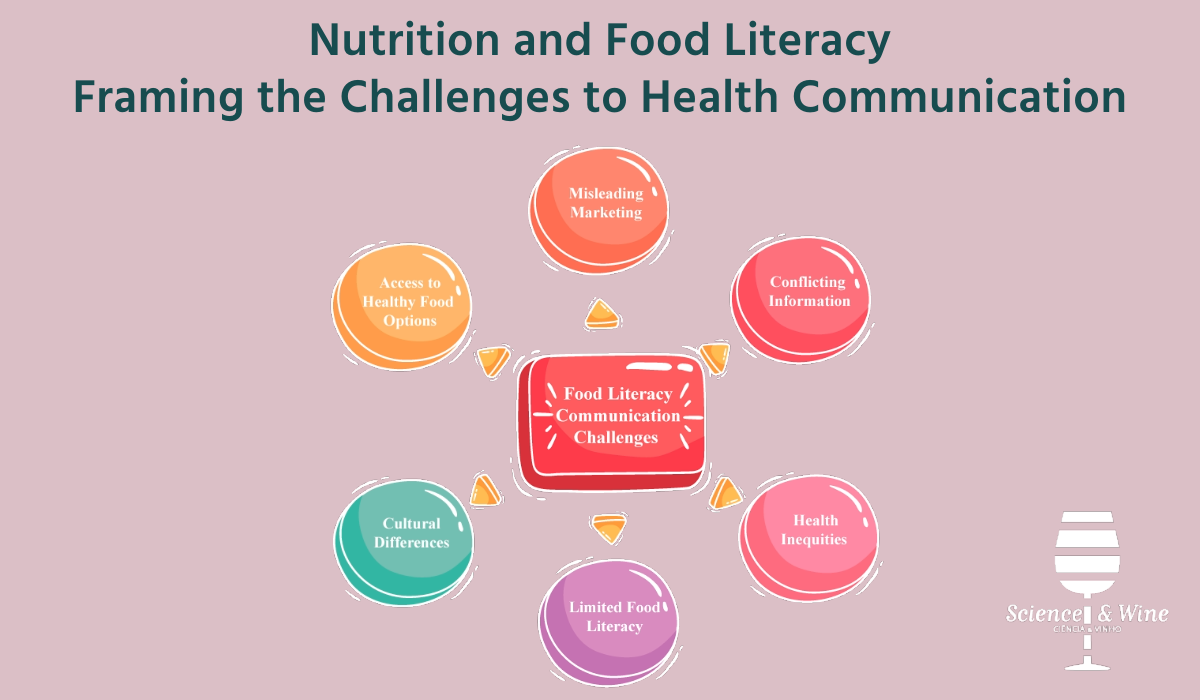In a world beset by misinformation regarding nutrition, it is imperative to embark on a quest for #FoodLiteracy. A thorough understanding of the impact of dietary choices is paramount for leading a healthy life. The proliferation of false information on social media is a significant impediment to making informed decisions about food. To counteract this, it is crucial to exercise caution, seek credible sources, and base our choices on sound knowledge. Effective communication is fundamental to promoting good health. By striving to improve #HealthLiteracy, we can decipher nutritional facts and empower ourselves to make informed decisions about food. This is not just individual responsibility; it is a collective effort. Sharing this post can help raise awareness and build a community committed to better health through informed food choices.
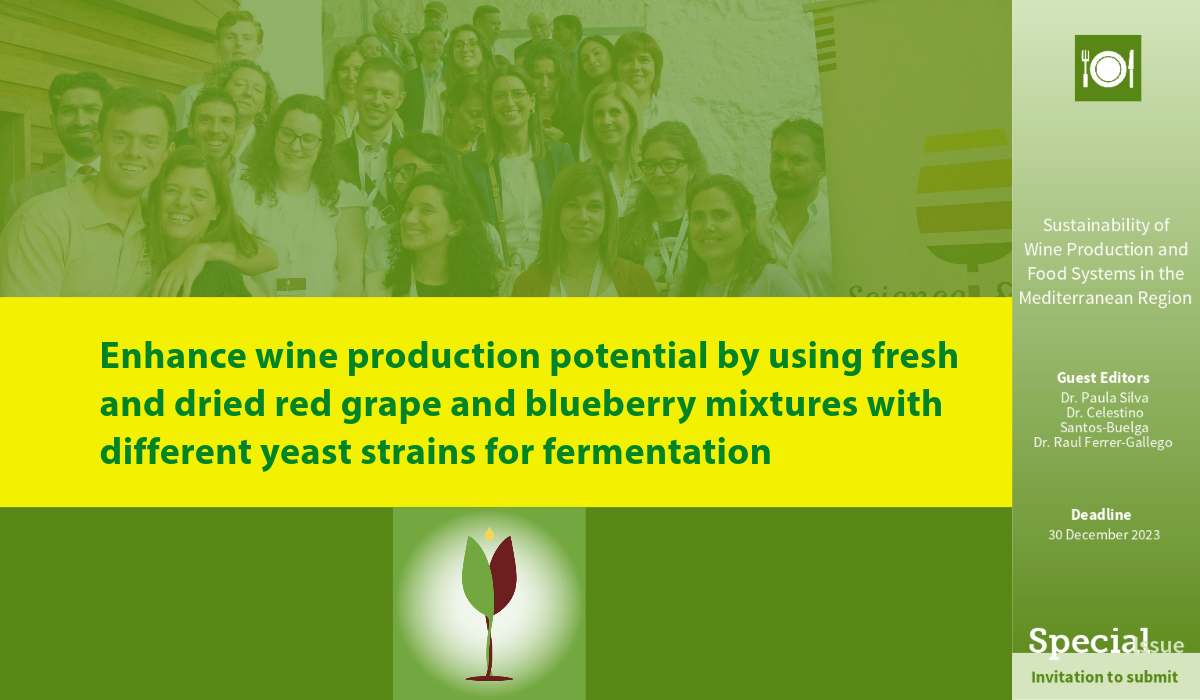
Enhance Wine Production Potential by Using Fresh and Dried Red Grape and Blueberry Mixtures with Different Yeast Strains for Fermentation
Our colleague Juan Martín-Gómez from Universidad de Córdoba, Spain presented a fascinating research study on the ‘Sustainability of wine production and food systems in the Mediterranean region’ at the 3rd World Science & Wine Congress. This study focused on replacing traditional sun-drying methods in Mediterranean winemaking with controlled-airflow chamber-drying. This alternative technique improves the quality, phenolic content, and antioxidant properties of red grapes and blueberries. Furthermore, the post encourages researchers to consider submitting their work to a special joint issue. Because these issues are interdisciplinary, authors are given the flexibility to choose from several participating journals based on their research scope. The options include Foods; Sustainability; IJERPH; Agriculture.

Insights from the INTERNATIONAL SCIENTIFIC CONGRESS: LIFESTYLE, DIET, WINE & HEALTH II
Thrilled to announce the launch of our latest article summarizing insights from the prestigious INTERNATIONAL SCIENTIFIC CONGRESS: LIFESTYLE, DIET, WINE & HEALTH, held in Toledo, Spain!
Dive deep into the world of nutrition, exercise physiology, and culinary arts as leading experts share groundbreaking findings on how lifestyle choices shape our health. Discover the secrets behind the Mediterranean Diet, the impact of physical activity on gene expression, and the fascinating link between movement behaviors and appetite control.

Insights from the INTERNATIONAL SCIENTIFIC CONGRESS: LIFESTYLE, DIET, WINE & HEALTH I
From Toledo, Spain: Insights on alcohol, health, and wine’s wonders! Experts discussed alcohol’s nuances, revealing its role in heart health. Studies show moderation is key. Stay tuned for more groundbreaking findings in Science & Wine!
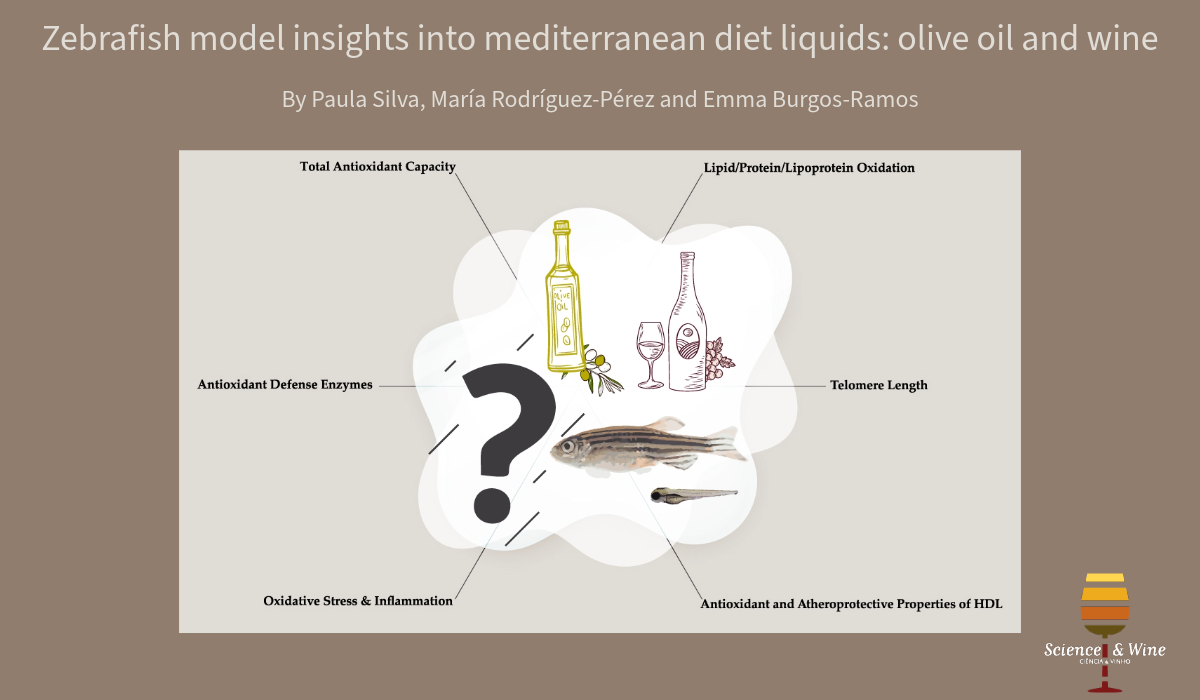
Zebrafish Model Insights into Mediterranean Diet Liquids: Olive Oil and Wine
We are thrilled to announce this week’s blog post on Science & Wine, dive into the fascinating world of antioxidants and the Mediterranean diet, as we proudly present our latest review published in the renowned MDPI Antioxidants Journal. In this groundbreaking review, we embarked on a journey through the intricate universe of age-related diseases, particularly cardiovascular conditions. We delved deeply into the powerful effects of two Mediterranean diet superheroes: Olive Oil and Wine! Our exploration ranged from intriguing observational studies to cutting-edge preclinical experiments, paving the way for potential translational breakthroughs in zebrafish experimentation. Why Zebrafish? Ever wondered how tiny fish could hold the key to understanding the health issues of olive oil and wine. The astonishing genetic proximity of zebrafish to humans offers a unique gateway to unravel the mysteries of these Mediterranean marvels. This review sheds light on the immense potential of zebrafish as an experimental model, urging scientists worldwide to fully harness its power. Let us explore the uncharted territories together, pushing the boundaries of knowledge and advancing our understanding of age-related disease prevention within the Mediterranean dietary framework.
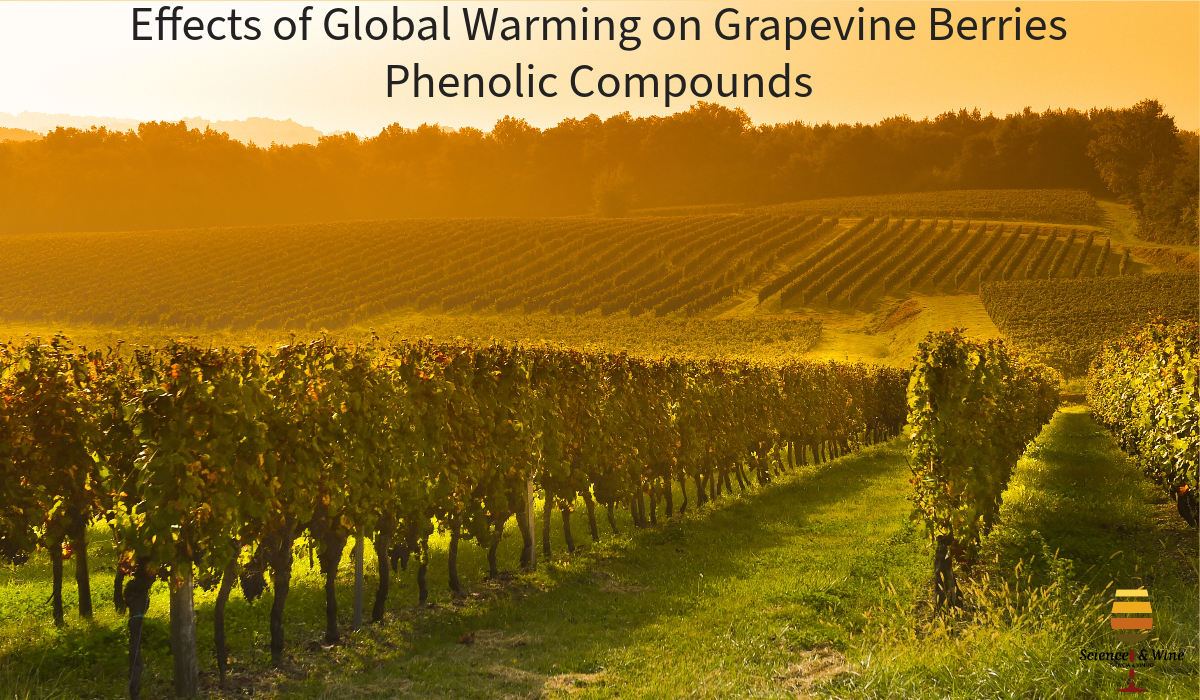
Effects of Global Warming on Grapevine Berries Phenolic Compounds—A Review
As autumn heat reaches unprecedented levels, a groundbreaking study delves into the impact of climate change on phenolic compounds in grapevine berries. These findings challenge traditional winemaking norms, emphasizing the need for tailored approaches to combat climate challenges. The study advocates for a nuanced, “single case” perspective, recognizing the diversity of grapevine environments. Standardizing treatments across different cultivars, legislations, and regions is impractical. Instead, the focus has shifted to individual vineyards, embracing the concept of terroir, where unique natural, physical, and climatic conditions influence wine characteristics. This flexible approach encourages winegrowers and consumers to appreciate each vintage’s distinctiveness. By acknowledging and adapting to climatic changes, winemaking can evolve and foster innovative techniques and novel taste experiences. Resisting the urge for uniformity might simply unlock new dimensions in the wine world.
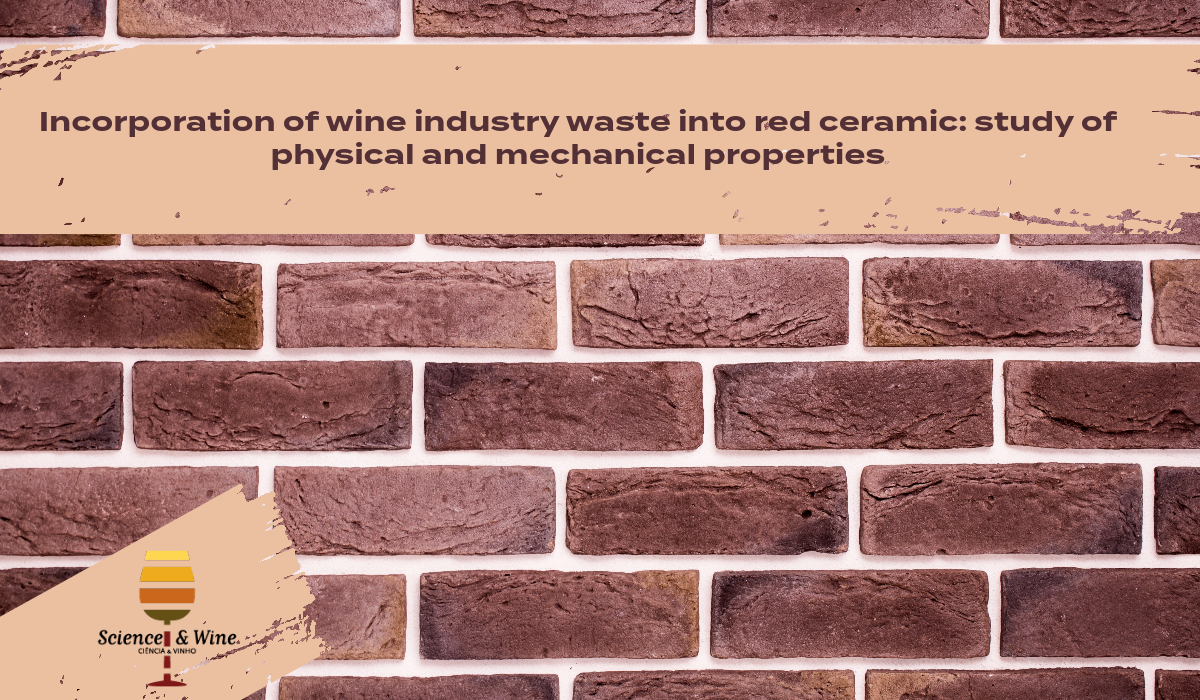
Incorporation of wine industry waste into red ceramic: study of physical and mechanical properties
Ever wondered about the utilisation of valuable remnants from the wine industry to revolutionise ceramics? A groundbreaking study published recently has opened the door to a new era in ceramic production, exploring the wine industry surplus in an unexpected and astonishing way! In this exciting study, researchers investigated the potential of incorporating grape skins into red ceramics to assess their impact on the physical and mechanical properties of the clayey body. Five different compositions were prepared, each with varying percentages of biomass incorporation:0, 2.5, 5, 7.5, and 10%. The specimens, crafted through vacuum extrusion in a laboratory extruder, were subjected to meticulous tests and analyses encompassing chemical, mineralogical, thermal, physical, morphological, and microscopic examinations of the clayey raw materials. This innovative approach not only contributes to sustainable practices by recycling wine industry by-products but also holds the promise of reshaping the future of ceramic production. By harnessing the potential of grape skins, we are not just creating ceramics; we are crafting greener, more sustainable tomorrow. Cheers to a future where the art of winemaking and ceramic craftsmanship intertwine, paving the way for a more eco-friendly and innovative world.
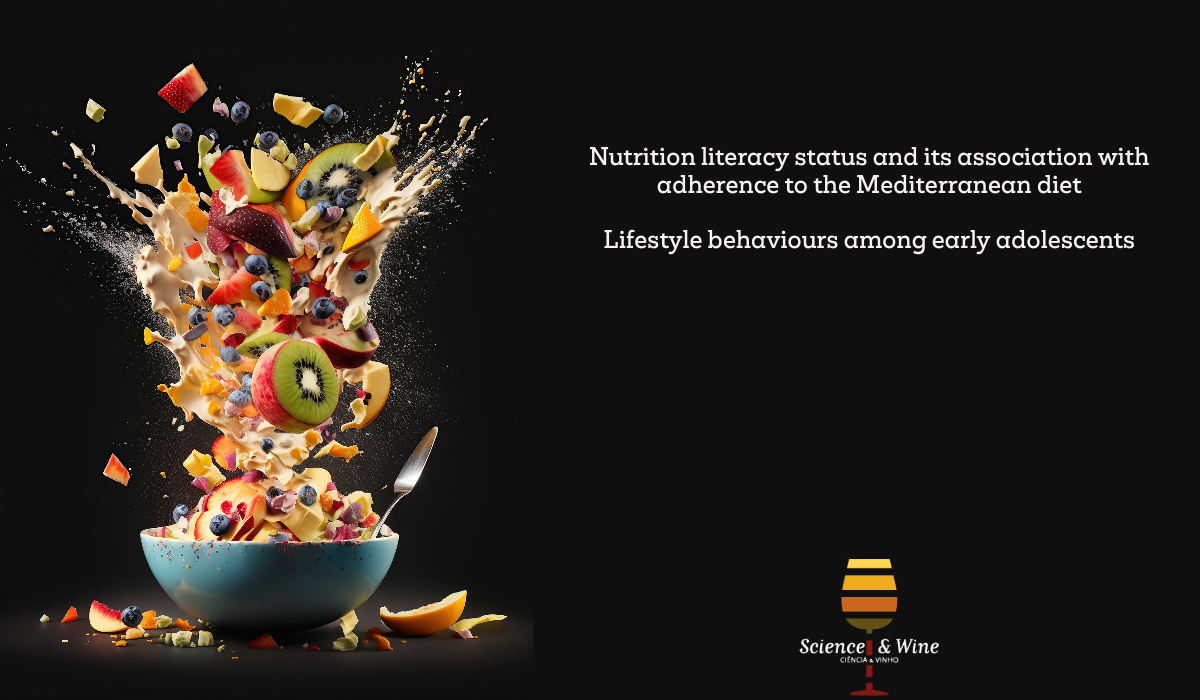
Nutrition literacy status and its association with adherence to the Mediterranean diet, anthropometric parameters and lifestyle behaviours among early adolescents
As the new school year begins, families are faced with the usual daily preparations. Questions arise about what lunch choices kids will make and what snacks they’ll consume. Parents of teenagers often assume their children can handle these decisions independently. But are they truly capable? What is the level of food literacy among our youth, and have we adequately prepared them for independence and autonomy? In this context, I came across an article published in August titled “Nutrition literacy status and its association with adherence to the Mediterranean diet, anthropometric parameters, and lifestyle behaviors among early adolescents.”
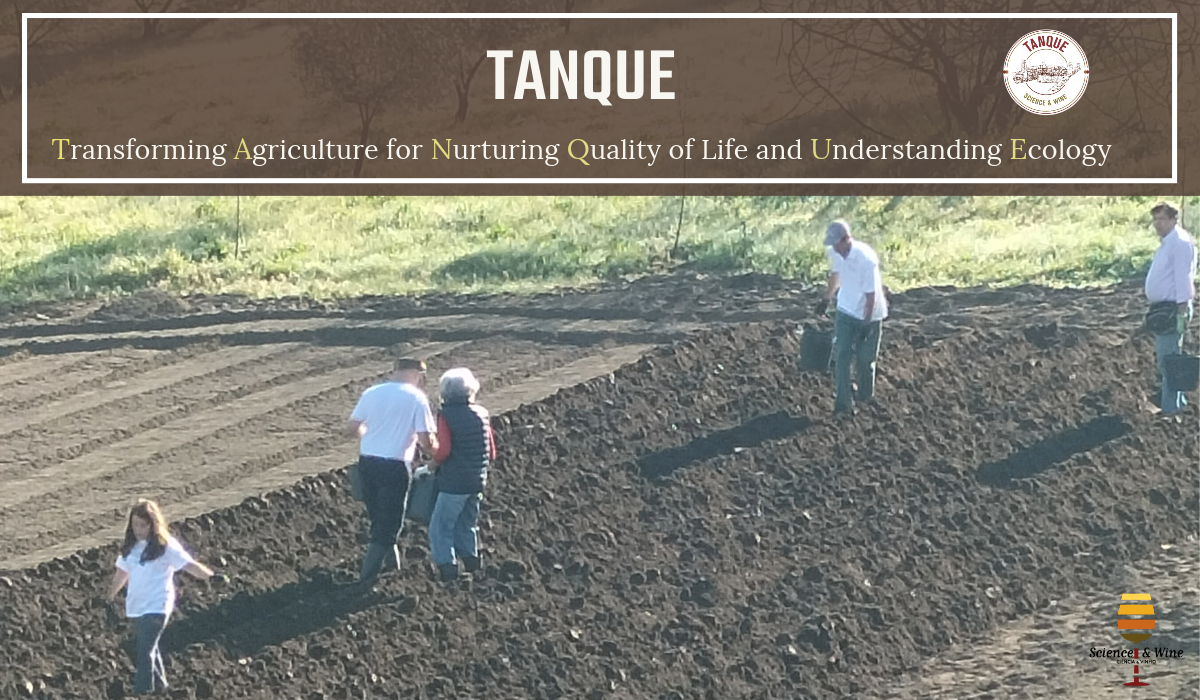
TANQUE: Transforming Agriculture for Nurturing Quality of Life and Understanding Ecology
We will continue to seek government support to sustain our organic agriculture practices and to restore the old hydraulic olive oil mill, which will serve as the focal point for all our educational, scientific, and cultural activities. How can you help? You can participate in the events organized by Science & Wine and purchase our products at: https://www.science-and-wine-conferences.com/. I would greatly appreciate any companies who are willing to lend their support to this project. Keep an eye out for news and updates. Thank you for your support!
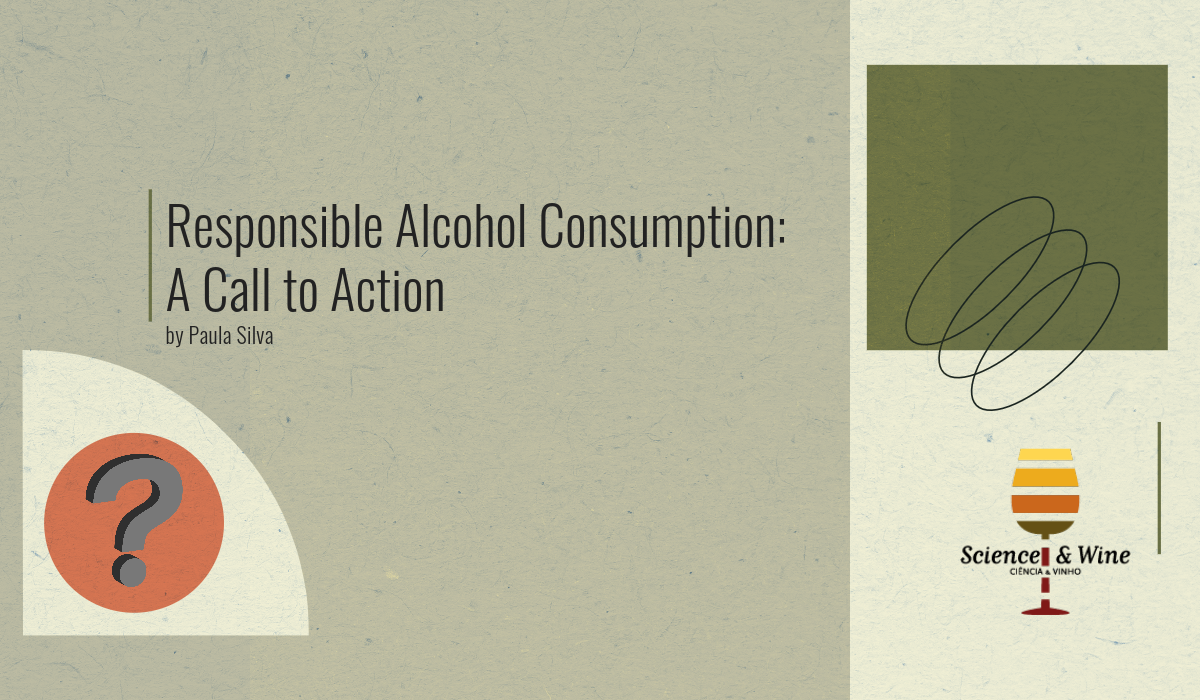
Responsible Alcohol Consumption: A Call to Action
I decided to write this post after reading an article in the Portuguese newspaper, Expresso, which highlighted the negative health effects and cancer risks associated with the consumption of small amounts of alcohol. It is a personal reflection of a woman, mother, teacher, and scientist based on my perspective on the world and scientific evidence. Discussion about alcohol consumption? Yes, but for there to be results, common sense must prevail.

